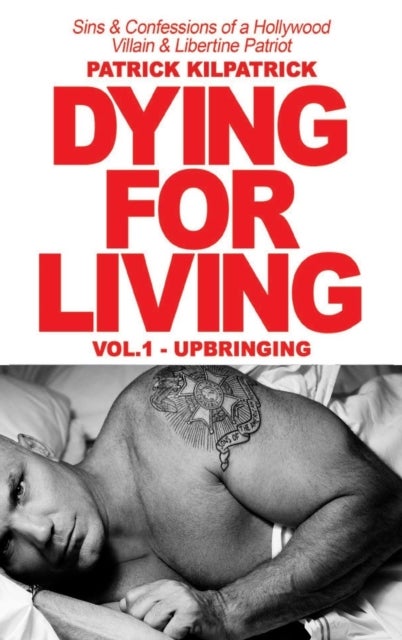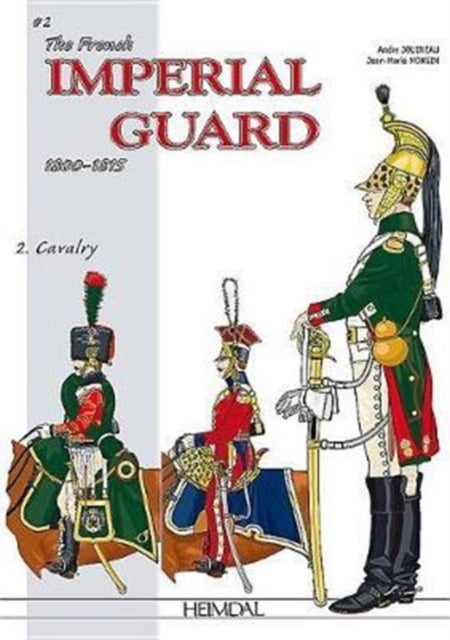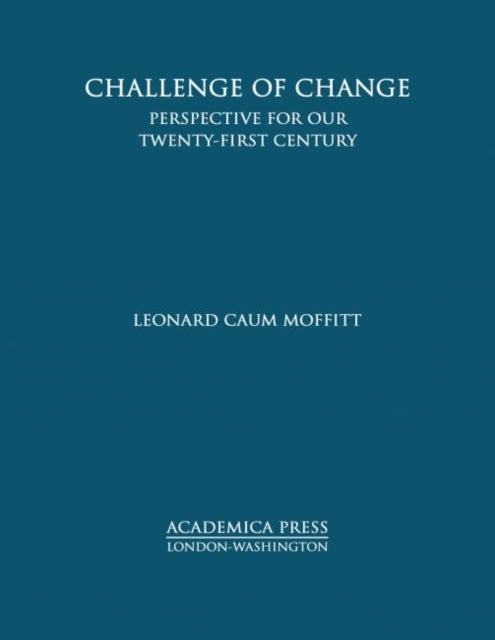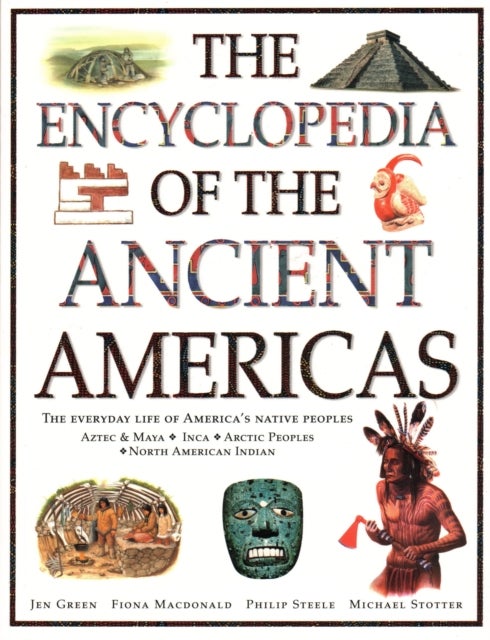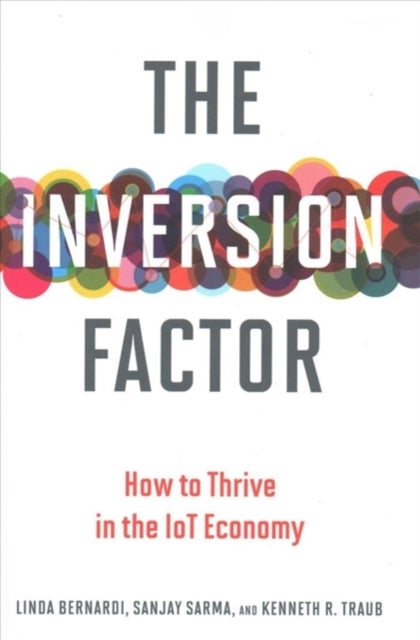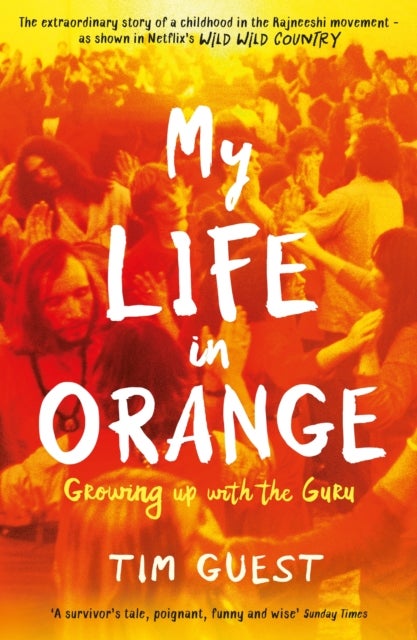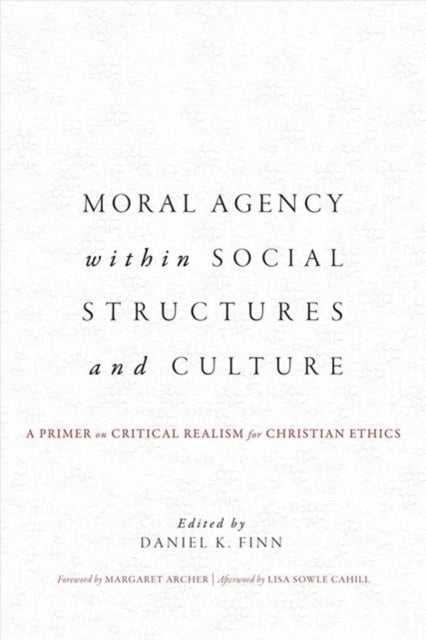
Moral Agency within Social Structures and Culture
279,-
<p>Christian ethics has from the beginning been concerned with moral agency and culture, and Christian social ethics has acknowledged the power of social structures for the last 150 years. But ethics has yet to employ extensively the resources of that discipline that specializes in understanding structure and culture: sociology. Out of a concern to defend human freedom, Catholic social teaching has employed an individualistic approach that misdescribes the characteristics of social evil as little more than the sum of individual choices and proposes individual conversion as a remedy.<br/> The aim of this volume is to indicate how a particularly insightful form of social science – critical realist sociology – can help Christian ethicists in their teaching and research. It briefly describes the roots of critical realism in the natural sciences, its understanding of social structure and culture, and how structure and culture have causal impact on human decis

